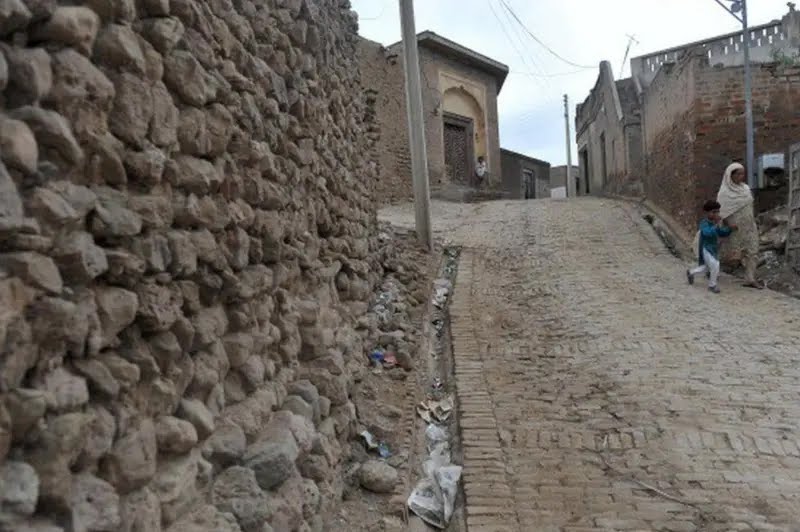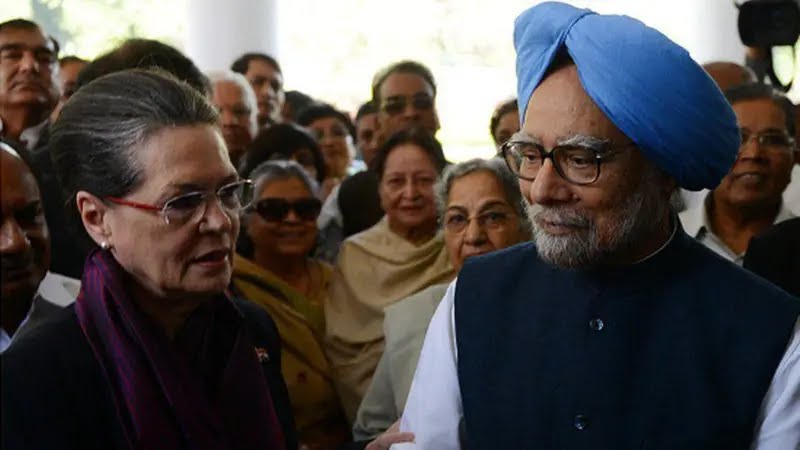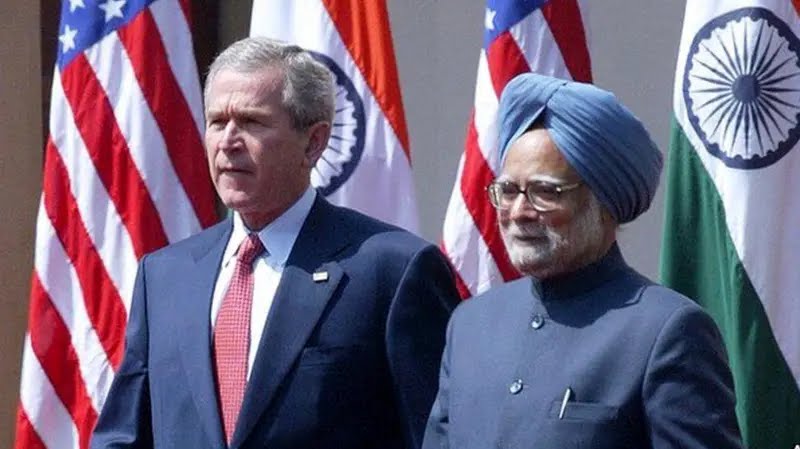Manmohan Singh, Indian ex-PM and architect of economic reform, dies at 92
Former Indian prime minister Manmohan Singh has died at the age of 92.

Singh was one of India's longest-serving prime ministers and he was considered the architect of key liberalising economic reforms, as premier from 2004-2014 and before that as finance minister.
He had been admitted to a hospital in the capital Delhi after his health condition deteriorated, reports say.
Among those who paid tribute to Singh on Thursday were Prime Minister Narendra Modi, who wrote on social media that "India mourns the loss of one of its most distinguished leaders"
Modi said that Singh's "wisdom and humility were always visible" during their interactions and that he had "made extensive efforts to improve people's lives" during his time as prime minister.
Priyanka Gandhi, the daughter of former prime minister Rajiv Gandhi and a Congress party member, said that Singh was "genuinely egalitarian, wise, strong-willed and courageous until the end".
Her brother Rahul, who leads Congress, said he had "lost a mentor and guide".
Singh was the first Indian leader since Jawaharlal Nehru to be re-elected after serving a full first term, and the first Sikh to hold the country's top post. He made a public apology in parliament for the 1984 riots in which some 3,000 Sikhs were killed.
But his second term in office was marred by a string of corruption allegations that dogged his administration. The scandals, many say, were partially responsible for his Congress party's crushing defeat in the 2014 general election.
Singh was born on 26 September 1932, in a desolate village in the Punjab province of undivided India, which lacked both water and electricity.
After attending Panjab University he took a master's degree at the University of Cambridge and then a DPhil at Oxford.
While studying at Cambridge, the lack of funds bothered Singh, his daughter, Daman Singh, wrote in a book on her parents.
Consensus builder

Singh rose to political prominence as India's finance minister in 1991, taking over as the country was plunging into bankruptcy.
His unexpected appointment capped a long and illustrious career as an academic and civil servant - he served as an economic adviser to the government, and became the governor of India's central bank.
In his maiden speech as finance minister he famously quoted Victor Hugo, saying that "no power on Earth can stop an idea whose time has come".
That served as a launchpad for an ambitious and unprecedented economic reform programme: he cut taxes, devalued the rupee, privatised state-run companies and encouraged foreign investment.
The economy revived, industry picked up, inflation was checked and growth rates remained consistently high in the 1990s.
Accidental PM'

Manmohan Singh was a man acutely aware of his lack of a political base. "It is nice to be a statesman, but in order to be a statesman in a democracy you first have to win elections," he once said.
When he tried to win election to India's lower house in 1999, he was defeated. He sat instead in the upper house, chosen by his own Congress party.
The same happened in 2004, when Singh was first appointed prime minister after Congress president Sonia Gandhi turned down the post - apparently to protect the party from damaging attacks over her Italian origins. Critics however alleged that Sonia Gandhi was the real source of power while he was prime minister, and that he was never truly in charge.
Although he earned respect for his integrity and intelligence, he also had a reputation for being soft and indecisive. Some critics claimed that the pace of reform slowed and he failed to achieve the same momentum he had while finance minister.

When Singh guided Congress to a second, decisive election victory in 2009, he vowed that the party would "rise to the occasion".
But the gloss soon began to wear off and his second term was in the news mostly for all the wrong reasons: several scandals involving his cabinet ministers which allegedly cost the country billions of dollars, a parliament stalled by the opposition, and a huge policy paralysis that resulted in a serious economic downturn.
Pragmatic foreign policy
Singh adopted the pragmatic foreign policies pursued by his two predecessors.
A low-profile leader
A studious former academic and bureaucrat, he was known for being self-effacing and always kept a low profile. His social media account was noted mostly for dull entries and had a limited number of followers.
A man of few words, his calm demeanour nevertheless won him many admirers.
Responding to questions on a coal scandal involving the illegal allocation of licences worth billions of dollars, he defended his silence on the issue by saying it was "better than thousands of answers"
He continued the peace process with Pakistan - though this process was hampered by attacks blamed on Pakistani militants, culminating in the Mumbai gun and bomb attack of November 2008.
He tried to end the border dispute with China, brokering a deal to reopen the Nathu La pass into Tibet which had been closed for more than 40 years.
Source;BBC NEWS OFFICIAL WEBSITE ✅
R.I.P
🙏🙏🙏🔥🔥🔥🔥🔥🔥 legend is no more😞
Please sign in
Login and share

























